Why are Armenia and Azerbaijan fighting?
The tense situation is rapidly evolving

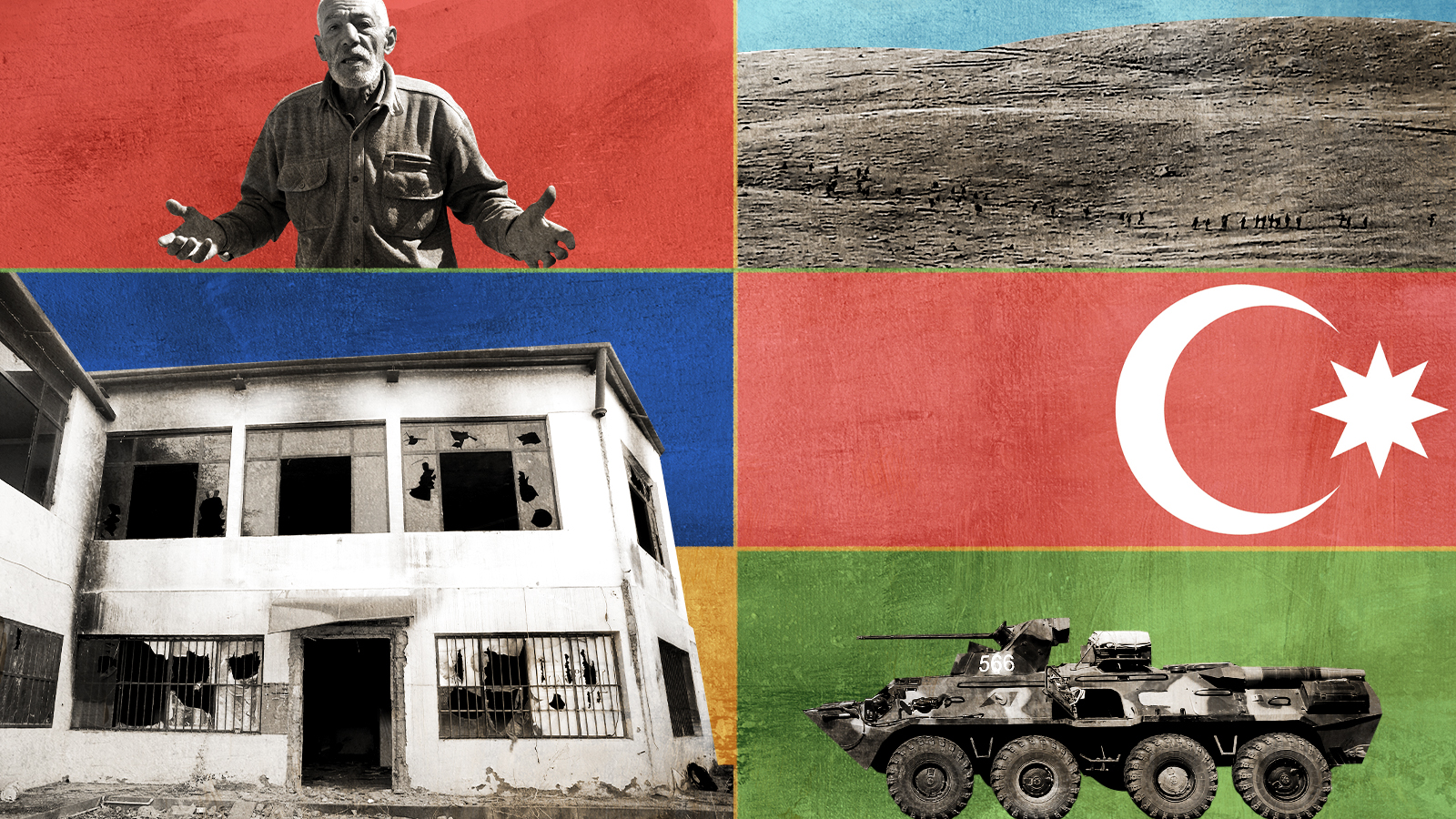
A free daily email with the biggest news stories of the day – and the best features from TheWeek.com
You are now subscribed
Your newsletter sign-up was successful
On Tuesday, Azerbaijan launched an attack on neighboring Armenia, killing 105 soldiers according to Armenian Prime Minister Nikol Pashinyan. Azerbaijan's defense ministry claimed that it has lost 50 military personnel in the skirmish. A cease-fire failed to stop the fighting, and Azerbaijani forces are now advancing into Armenian border towns.
What is the fighting about, who backs each country, and what is the likelihood of a broader conflict? Here's everything you need to know about tensions in the south Caucasus:
What is the fighting about?
The dispute between Armenia and Azerbaijan stems from unresolved border conflicts following the collapse of the Soviet Union. Both countries — Christian-majority Armenia and Muslim-majority Azerbaijan — were constituent republics of the USSR from 1920 until its dissolution in 1991, and became independent countries virtually overnight.
The Week
Escape your echo chamber. Get the facts behind the news, plus analysis from multiple perspectives.

Sign up for The Week's Free Newsletters
From our morning news briefing to a weekly Good News Newsletter, get the best of The Week delivered directly to your inbox.
From our morning news briefing to a weekly Good News Newsletter, get the best of The Week delivered directly to your inbox.
The boundaries between the two countries were a nightmare from the get-go. The most problematic was the existence of an ethnic Armenian enclave, Nagorno-Karabakh, nestled in the middle of Azerbaijan. The blame for this odd arrangement likely falls on Joseph Stalin, then the People's Commissar of Nationalities, who took Nagorno-Karabakh from the Armenian republic and awarded it to Azerbaijan in 1921, even though the area was overwhelmingly ethnic Armenian at the time. While some historians dispute Stalin's role, whoever made the decision created a headache that has lasted more than a century.
A further complication was the Soviet decision to award the province of Nakhchivan to Azerbaijan, even though the landlocked province shares no border with the rest of the country. These arrangements, needless to say, left all parties aggrieved in some way.
When the Soviet Union collapsed in the early 1990s, the constituent republics, now independent states, took their Soviet-era borders with them, regardless of whether they made any intrinsic sense or not. As with the frequently arbitrary post-colonial borders of Africa, the thinking was that adjusting one frontier would result in a cascade of competing claims inevitably resulting in violence. But if the purpose of leaving the borders as they were was to avert bloodshed, they failed miserably in this case, since the Soviet decisions that created them were not especially wise in the first place.
It's not just that Armenia and Azerbaijan immediately fought a war with one another over the region in 1992 — a bloody, miserable conflict that killed as many as 30,000 people, displaced hundreds of thousands more, and did nothing to help the economic or political situation in either country. It's that widespread communal violence had begun years earlier, in 1988, which eventually prompted Soviet premier Mikhail Gorbachev to send troops to pacify the region. His efforts met with zero success and events were eventually overtaken by the collapse of the Soviet Union itself. But no one can claim that fighting between Armenia and Azerbaijan after their independence from the Soviet Union was surprising since it was already happening.
A free daily email with the biggest news stories of the day – and the best features from TheWeek.com
Who backs who?
The Nagorno-Karabakh issue was not resolved by the 1994 cease-fire, which brought fighting to a halt. Like other breakaway regions in the post-Soviet world, Armenians in Nagorno-Karabakh enjoyed the backing of Russia and operated the province autonomously from Baku, with its administrative capital in the city of Stepanakert. In Armenia, the territory is referred to as the Republic of Artsakh. The most recent round of fighting took place in 2020 following Armenian efforts to move the region's capital to the disputed city of Shusha, killing upwards of 10,000 troops and displacing tens of thousands of Armenians in the territory. Russia brokered an agreement under which Yerevan surrendered some of the territory it had seized in the 1992-1994 conflict and Russian peacekeepers were sent to enforce the fragile peace.
However, diplomatic efforts to formalize a long-term resolution to the problem, including a formal demarcation of borders, have been unsuccessful. Russia's ties to Armenia go beyond a similar Eastern Christian religious culture — Moscow has military bases in Armenia and is formally committed to the country's defense. But with Russian President Vladimir Putin focused on the increasingly disastrous war in Ukraine, there is little appetite in Moscow for another conflict. That may have emboldened Baku to launch its attacks, especially since the country's natural gas supplies are desperately needed in Europe with the cut-off of Russian supplies. Tellingly, the Azerbaijani attacks were inside Armenia, rather than in Nagorno-Karabakh, suggesting that the score-settling might stretch beyond that one disputed territory.
What does Azerbaijan want?
Exactly what Baku wants by instigating this conflict is unclear. Azerbaijani President Ilham Aliyev may simply be testing Moscow's resolve to defend Armenia under the terms of the Collective Security Treaty Organization that includes Russia, Armenia, Belarus, Kazakhstan, Tajikistan, and Kyrgyzstan. While clashes in Nagorno-Karabakh are routine, the decision to shell territory within Armenia proper is a significant escalation that in theory should bring Russia into the conflict. Azerbaijan, of course, claims that its forces were merely responding to Armenian attacks. Perhaps Aliyev wants to create a land corridor to Nakhchivan in much the same way that Putin would like to carve a path through Ukraine to the breakaway Moldovan region of Transnistria. Or he may want to create additional facts on the ground to extract the best possible deal from his Armenian counterparts.
We'll have our answers to some of these questions soon enough. Armenian Prime Minister Nikol Pashinyan invoked Article 4 of the CSTO on Wednesday, which obligates Russia to intervene and secure Armenia's borders against Azerbaijan's incursions. If Russia is unwilling or unable to do so, Azerbaijan could press its advantage by seizing more disputed territory or engaging in reprisal attacks against Armenians in Nagorno-Karabakh. There is certainly no one else coming to Armenia's aid — Turkey has expanded its ties with Azerbaijan in recent years, Iran can hardly afford to alienate Baku due to the large Azeri minority in Iran, and potentially friendly Georgia has been at loggerheads with Moscow for years.
David Faris is a professor of political science at Roosevelt University and the author of "It's Time to Fight Dirty: How Democrats Can Build a Lasting Majority in American Politics." He's a frequent contributor to Newsweek and Slate, and his work has appeared in The Washington Post, The New Republic and The Nation, among others.
-
 Health insurance: Premiums soar as ACA subsidies end
Health insurance: Premiums soar as ACA subsidies endFeature 1.4 million people have dropped coverage
-
 Anthropic: AI triggers the ‘SaaSpocalypse’
Anthropic: AI triggers the ‘SaaSpocalypse’Feature A grim reaper for software services?
-
 NIH director Bhattacharya tapped as acting CDC head
NIH director Bhattacharya tapped as acting CDC headSpeed Read Jay Bhattacharya, a critic of the CDC’s Covid-19 response, will now lead the Centers for Disease Control and Prevention
-
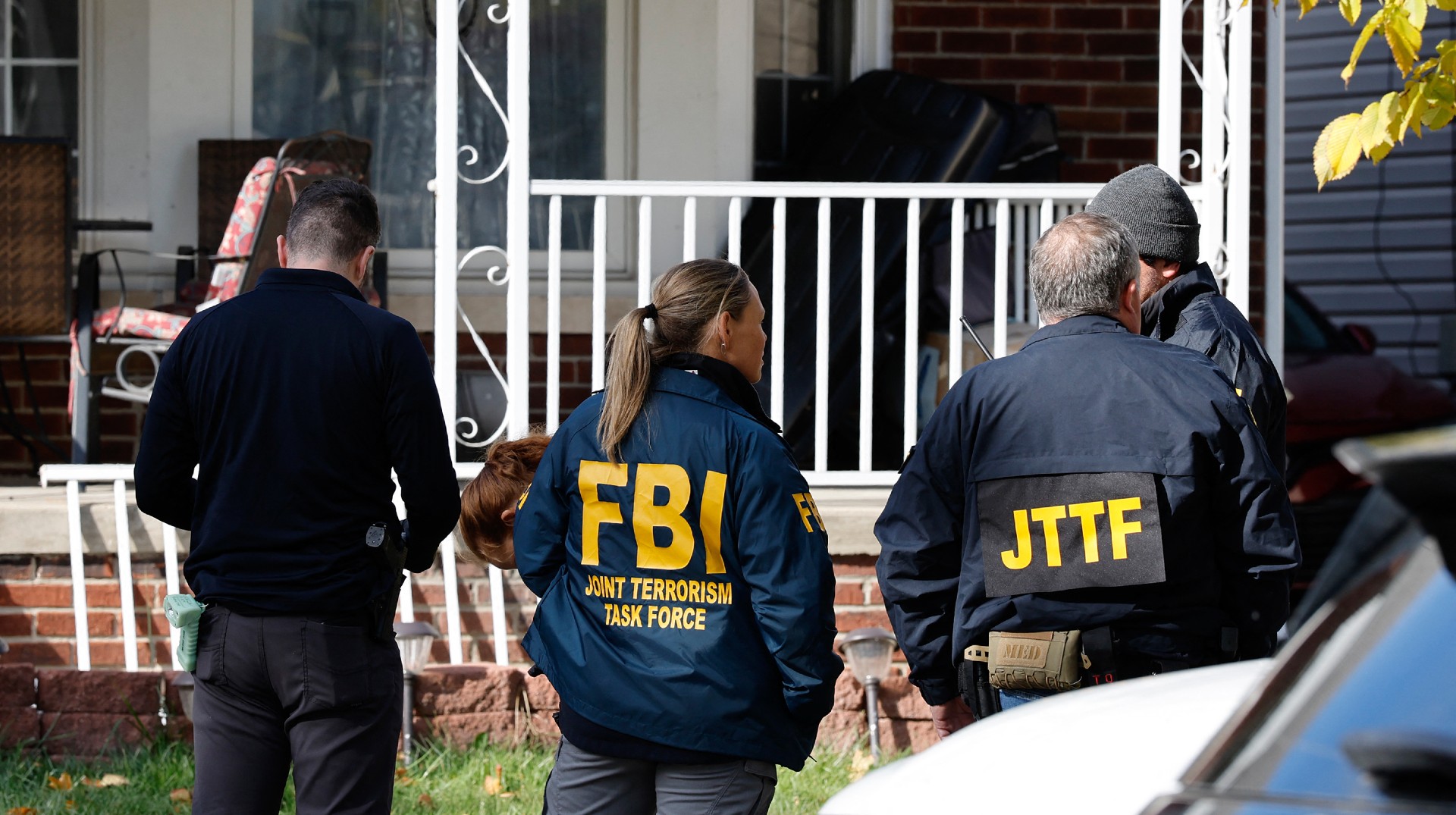 Two men accused of plotting LGBTQ+ attacks
Two men accused of plotting LGBTQ+ attacksSpeed Read The men were arrested alongside an unidentified minor
-
 Would rescheduling cannabis be good news for the industry?
Would rescheduling cannabis be good news for the industry?Speed Read Following President Joe Biden's request, the HHS recommended that cannabis be moved to a less lethal category, and some experts are weary of the move
-
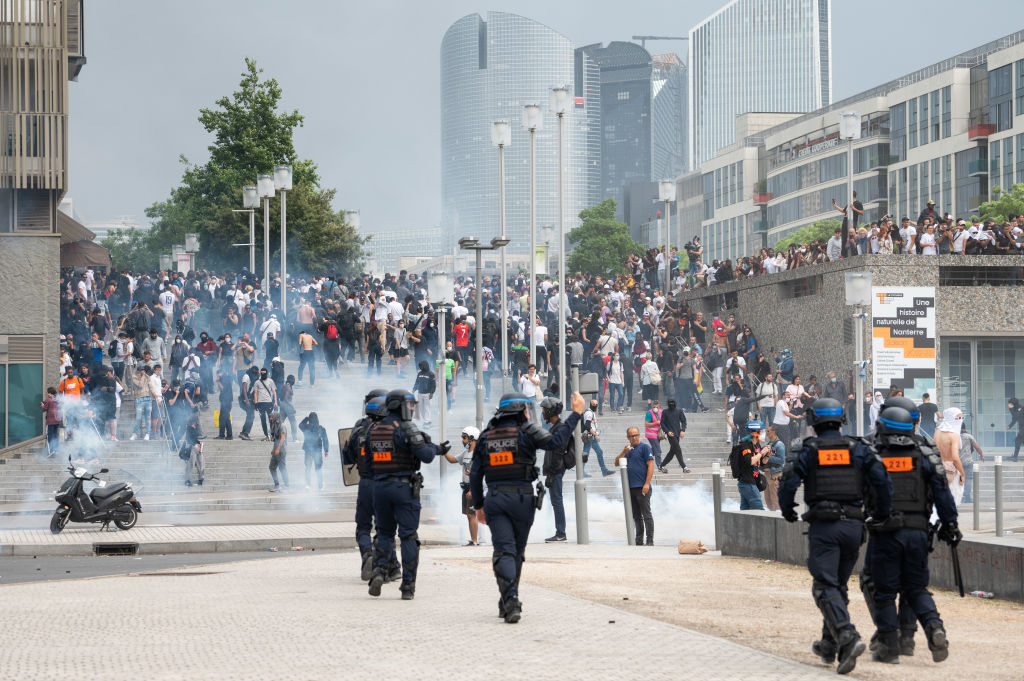 Why the French are taking to the streets
Why the French are taking to the streetsThe Explainer France is protesting after the police-involved death of a teenager
-
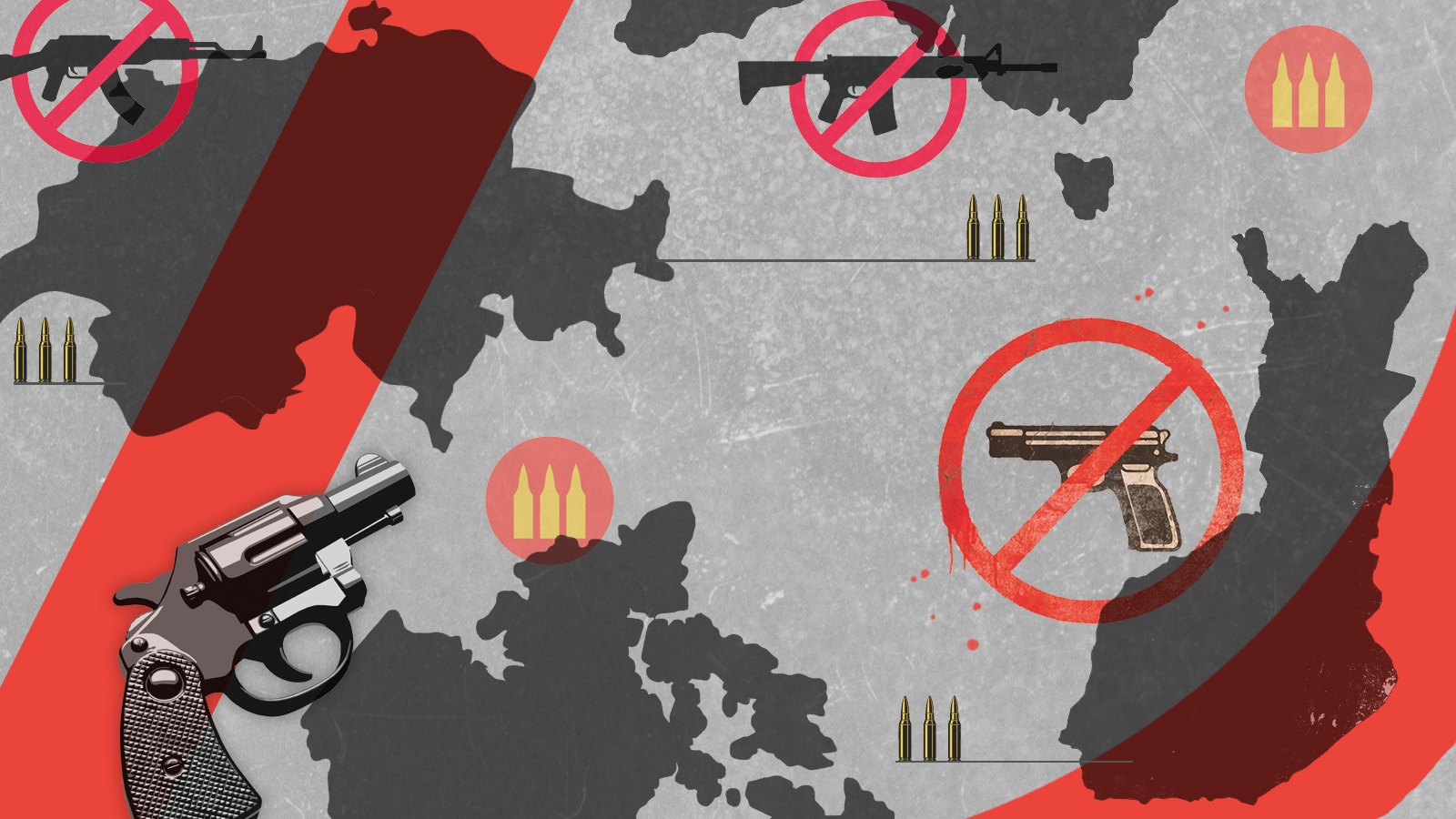 Why are mass shootings rare in other countries despite high levels of gun ownership?
Why are mass shootings rare in other countries despite high levels of gun ownership?In Depth Firearm laws are very different in Finland, Switzerland, and Australia
-
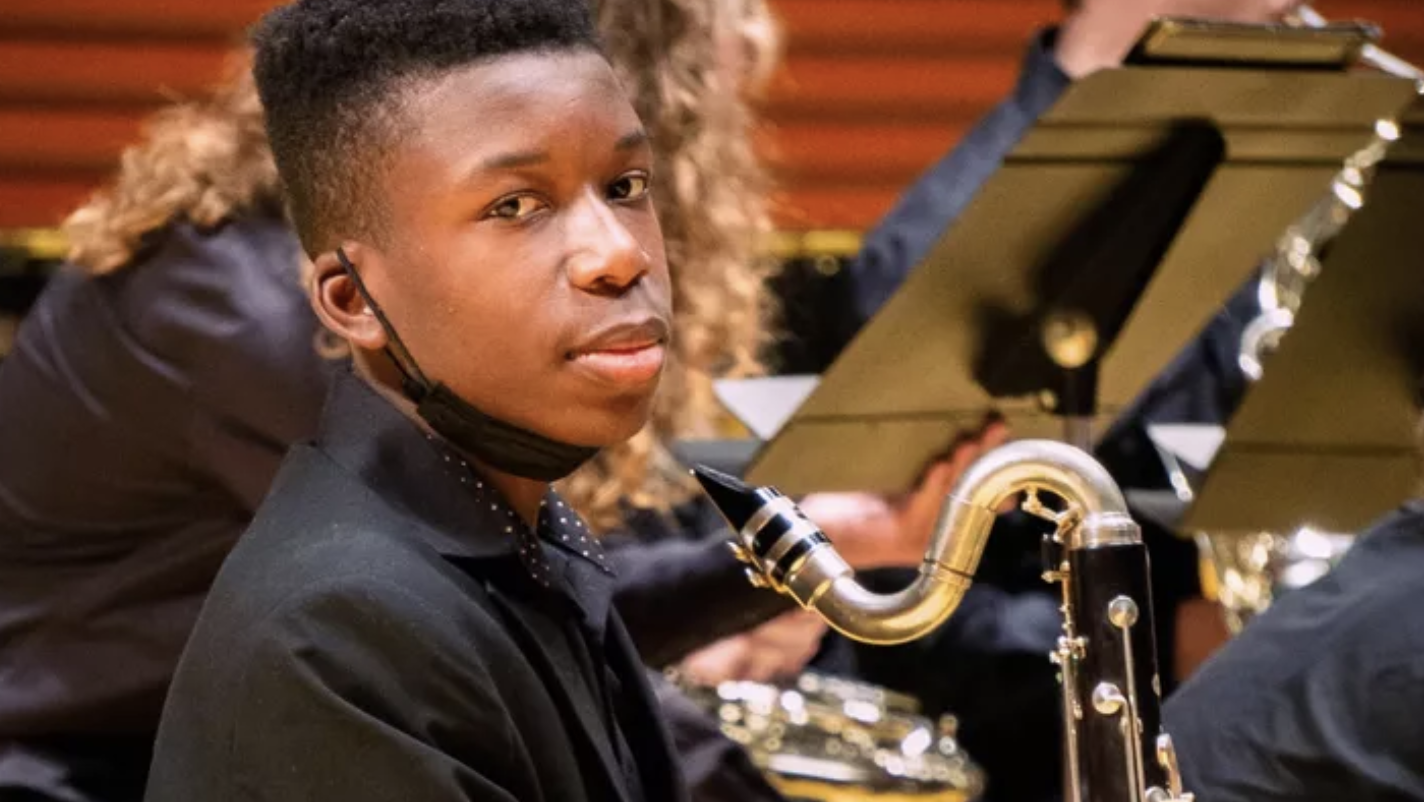 Ralph Yarl shooting: When ringing the wrong doorbell turns violent
Ralph Yarl shooting: When ringing the wrong doorbell turns violentSpeed Read An unarmed 16-year-old Black teenager knocked on the wrong door and nearly lost his life
-
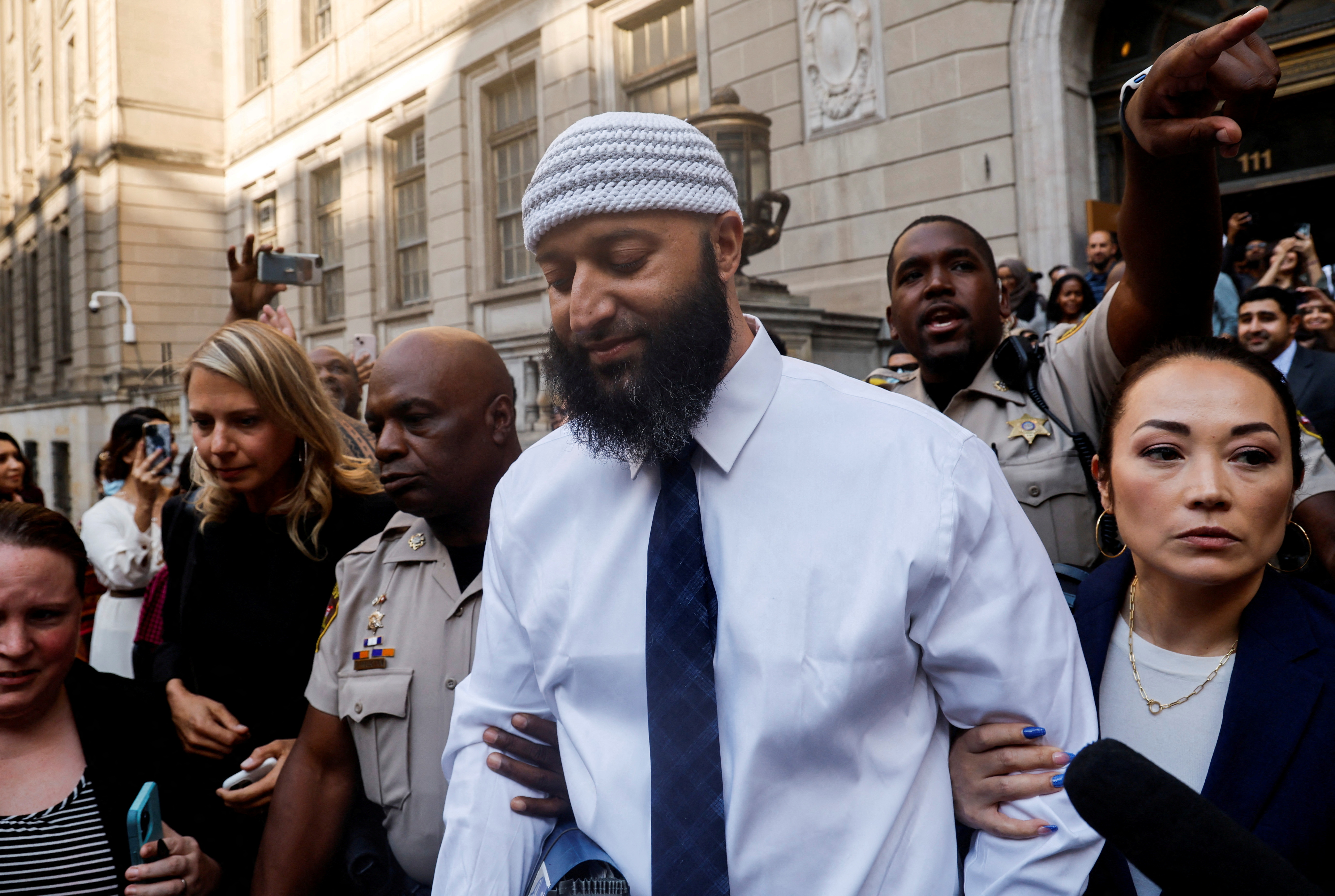 The Adnan Syed case, explained
The Adnan Syed case, explainedSpeed Read From the reinstated conviction to the original charges
-
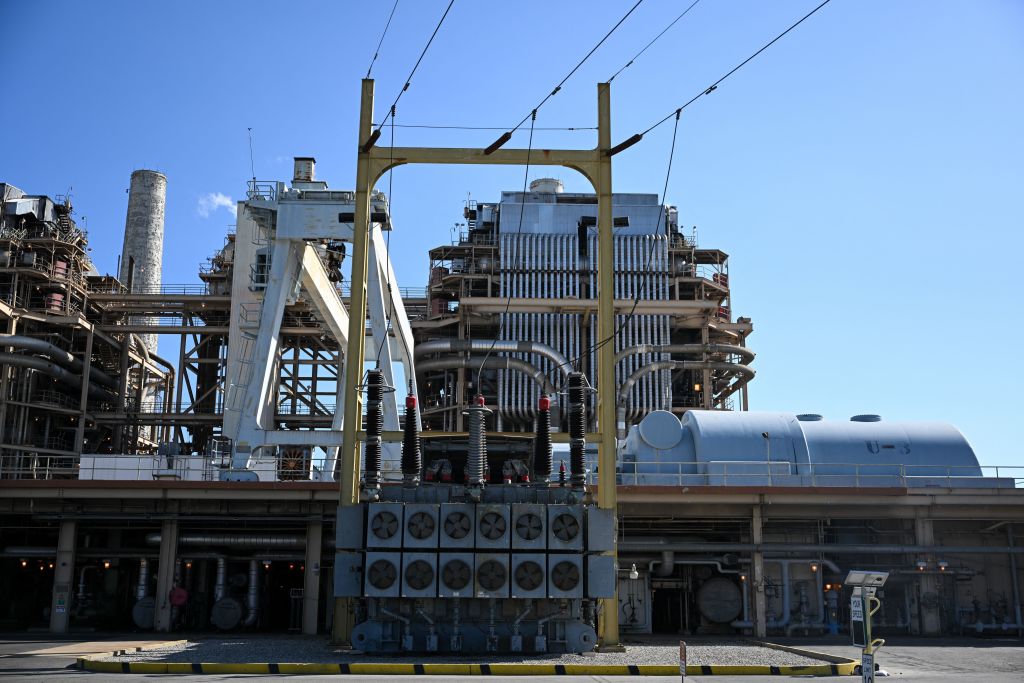 Attacking the grid
Attacking the gridSpeed Read Domestic terrorism targeting the U.S. electric grid is exposing dangerous vulnerabilities
-
 The controversial 'Run, Hide, Fight' response in active shootings
The controversial 'Run, Hide, Fight' response in active shootingsSpeed Read Why has this method come under scrutiny for its use in mass casualty events?
